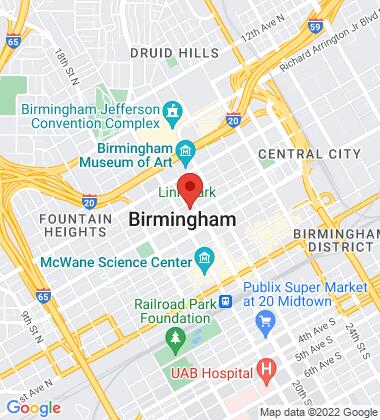Both trespassing and burglary involve knowingly entering another person’s property without their permission, but they have significant distinctions that make them different crimes.
Criminal Trespassing
Under Alabama Criminal Code §13A-7-4, an individual can be charged with trespassing if they go into a building or land when they do not have consent from the owner to do so. They could also violate this law if they remain on someone’s property after they have been asked to leave. To be charged, the individual had to know they were illegally entering someone’s property. If they accidentally walked onto a privately owned lot and left when asked, they would not be guilty of trespassing. This offense is charged as a violation.
Burglary
While burglary laws also prohibit an individual from knowingly entering premises without the owner’s permission, there are a couple other elements of this offense that distinguish it from trespassing. To be charged with burglary, the person must enter the property with the intent to commit a crime. In addition, the person (or other participant in the crime) must have entered the dwelling with a deadly weapon or explosives or must have injured someone else while the burglary was in progress. Violators of this statute can be charged with a Class A felony.
Criminal trespassing and burglary differ in the individual’s intention for entering the property. Whereas a person could be charged for simply being somewhere they shouldn’t, they cannot be charged with burglary unless they intended to commit a separate offense while there.
Schedule a Consultation with Our Team at Tidwell Law Group, LLC Today
If you were charged with a property crime such as burglary or trespassing, contact our skilled lawyers. Backed by over 17 years of combined legal experience, we know how to navigate the complex processes of criminal trials. We will thoroughly examine every detail of your case to build a solid legal strategy and work toward a favorable outcome on your behalf.
Speak with one of our attorneys today by calling us at (205) 536-7770 or contacting us online.

